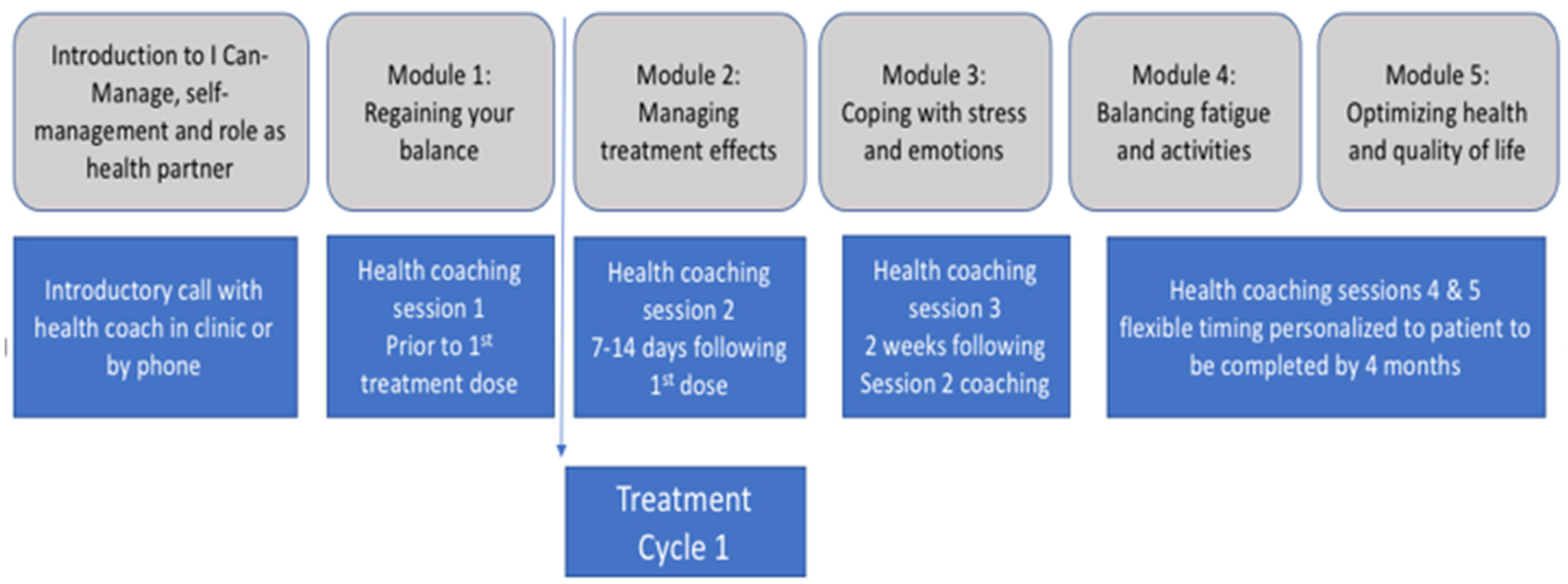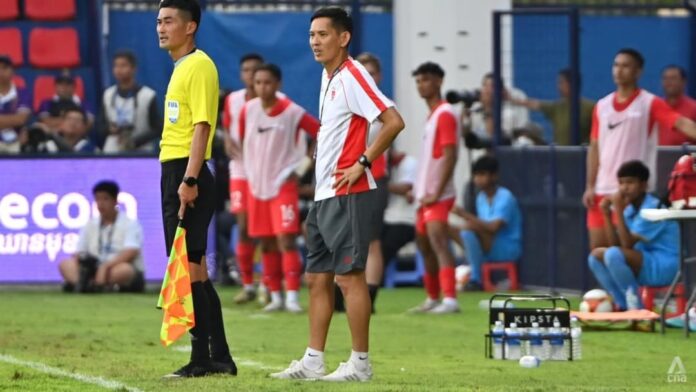Are you an aspiring badminton coach looking to enhance your skills and career prospects? Maximizing local CNA training opportunities can be a game-changer. This article explores the importance of CNA training for badminton coaches and offers essential tips and techniques to find accredited programs nearby. We delve into evaluating program quality, balancing training with coaching responsibilities, and leveraging local resources. Additionally, we provide insights on financial aid and scholarships, and the benefits of continuing education and advanced CNA certifications. Elevate your coaching career by integrating CNA training into your professional development strategy.
Discover the intricacies of this topic with xishoot.xyz
1. Importance of CNA Training for Badminton Coaches
CNA training, typically associated with healthcare, holds surprising benefits for badminton coaches. This training enhances coaches’ understanding of health and wellness, crucial for athlete care. By gaining skills in first aid, CPR, and injury prevention, coaches can respond effectively to on-court injuries and emergencies. Additionally, CNA training fosters strong communication skills and empathy, helping coaches build better relationships with their players.
Moreover, the knowledge gained through CNA training supports coaches in creating well-rounded training programs that prioritize athletes’ physical and mental well-being. This holistic approach not only improves performance but also reduces the risk of burnout and long-term injuries. For aspiring badminton coaches, integrating CNA training into their skill set demonstrates a commitment to comprehensive athlete development, making them more attractive to employers and enhancing their professional credibility. Embracing CNA training empowers badminton coaches to contribute more significantly to their athletes’ success and overall health, elevating the standard of coaching within the sport.
2. Finding Accredited CNA Training Programs Nearby

Finding accredited CNA training programs nearby is a crucial step for badminton coaches aiming to enhance their qualifications. Start by researching local community colleges, vocational schools, and healthcare facilities, as many offer CNA programs. Online databases, such as the National Council of State Boards of Nursing (NCSBN) or state health department websites, can provide comprehensive lists of accredited programs in your area.
Attend local career fairs and networking events to connect with institutions and professionals who can recommend reputable CNA training programs. Additionally, reach out to local hospitals and nursing homes, as they often have partnerships with CNA training providers and may offer in-house training opportunities.
Ensure the programs you consider are accredited by recognized accrediting bodies, which guarantees they meet specific educational standards and provide quality training. Look for programs that offer flexible schedules, allowing you to balance your coaching responsibilities with your studies. By thoroughly researching and choosing accredited CNA training programs, you can confidently embark on a path that enhances your coaching career while contributing to athlete safety and well-being.
3. Evaluating CNA Training Program Quality
Evaluating the quality of CNA training programs is essential to ensure you receive the best education and skills. Start by examining the program’s accreditation status; accredited programs meet rigorous standards set by recognized bodies, ensuring high-quality training. Check the program’s curriculum to ensure it covers essential topics like anatomy, patient care, and emergency response, which are vital for enhancing your coaching capabilities.
Investigate the program’s clinical training component, as hands-on experience in real healthcare settings is crucial for mastering CNA skills. Look for programs that offer ample clinical hours and partnerships with reputable healthcare facilities. Additionally, review the qualifications and experience of the instructors, as knowledgeable and experienced teachers can significantly impact your learning experience.
Seek feedback from former students about their experiences and post-graduation success, as this can provide valuable insights into the program’s effectiveness. High pass rates on the CNA certification exam and strong job placement rates are also indicators of a quality program. Thoroughly evaluating these factors ensures you choose a CNA training program that will best support your professional development as a badminton coach.

4. Balancing CNA Training with Coaching Responsibilities

Balancing CNA training with coaching responsibilities requires effective time management and strategic planning. Start by selecting a CNA program that offers flexible scheduling options, such as evening or weekend classes, to accommodate your coaching commitments. Communicate your schedule with both your CNA instructors and coaching staff to ensure everyone is aware of your dual responsibilities and can provide support when needed.
Create a detailed weekly plan that includes all your training, coaching, and study hours. Prioritize tasks and set realistic goals to stay organized and focused. Utilizing tools like calendars and task management apps can help you keep track of your responsibilities and deadlines.
It’s also important to maintain a healthy work-life balance. Ensure you allocate time for rest and self-care to avoid burnout. Leverage support from family, friends, and colleagues to share some responsibilities and reduce stress.
Lastly, integrate your CNA training into your coaching practice by applying healthcare skills during training sessions and matches. This not only reinforces your learning but also enhances the safety and well-being of your athletes. Balancing these roles effectively can lead to a rewarding and impactful career.
5. Leveraging Local Resources for CNA Training
Leveraging local resources for CNA training can provide significant support and enhance your learning experience. Start by exploring local community colleges and vocational schools, as they often offer CNA programs with resources like tutoring services, study groups, and library access. These institutions may also provide workshops and seminars that can enrich your training.
Healthcare facilities in your area, such as hospitals and nursing homes, are valuable resources. They often have partnerships with CNA training programs and can offer clinical placement opportunities. Volunteering or working part-time at these facilities can provide practical experience and networking opportunities with healthcare professionals who can mentor you.
Local health departments and community health organizations may offer additional training, workshops, and certification courses at reduced costs or even for free. These resources can supplement your CNA education and provide a broader understanding of community health.
Networking with other aspiring CNAs and healthcare professionals in your area is also beneficial. Join local professional groups or online forums where you can share experiences, study tips, and job opportunities. These connections can provide support and encouragement throughout your training.
Additionally, consider reaching out to local sports clubs and coaching associations. They may have resources or partnerships that support continuing education for coaches, including health-related training. By utilizing these local resources, you can enhance your CNA training experience and better integrate your new skills into your coaching career.

6. Financial Aid and Scholarships for CNA Training
Pursuing CNA training can be financially challenging, but numerous financial aid options and scholarships can help ease the burden. Start by researching federal and state financial aid programs, such as the Free Application for Federal Student Aid (FAFSA), which can provide grants, loans, and work-study opportunities to eligible students.
Many community colleges and vocational schools offer scholarships specifically for healthcare training programs. Contact the financial aid offices at these institutions to learn about available scholarships and application requirements. Additionally, healthcare facilities and nursing homes may offer scholarships or tuition reimbursement programs for employees who pursue CNA certification.
Professional organizations, such as the American Red Cross and the National Association of Health Care Assistants (NAHCA), often provide scholarships for aspiring CNAs. These organizations may also offer resources and support for finding additional funding opportunities.
Local community foundations and nonprofit organizations can be another source of scholarships and grants. These organizations often support students pursuing careers in healthcare and may have specific funds allocated for CNA training.
Lastly, explore online scholarship databases, such as Fastweb and Scholarship.com, which can help you find scholarships tailored to your needs. By actively seeking financial aid and scholarships, you can reduce the financial barriers to obtaining CNA training and focus on advancing your career as a badminton coach.

7. Continuing Education and Advanced CNA Certifications
Continuing education and advanced CNA certifications are crucial for maintaining and enhancing your skills as a badminton coach with CNA training. After completing your initial certification, consider pursuing specialized courses in areas such as geriatrics, pediatric care, or advanced emergency response. These courses not only broaden your knowledge but also make you more versatile and effective in handling various health situations.
Many healthcare institutions offer continuing education programs and workshops that can help you stay updated with the latest practices and technologies in patient care. Participating in these programs demonstrates your commitment to professional growth and can enhance your credibility as a coach.
Advanced certifications, such as Certified Medication Aide (CMA) or Certified Home Health Aide (CHHA), can further expand your expertise and open up additional career opportunities. These certifications often require additional training and examinations but provide valuable skills that can be directly applied to your coaching practice.
By engaging in continuing education and obtaining advanced certifications, you not only maintain your CNA credentials but also elevate your ability to support your athletes’ health and well-being, making you a more effective and well-rounded coach.
Integrating CNA training into your coaching career enhances your skills, supports athlete well-being, and opens new opportunities. By finding quality programs, balancing responsibilities, leveraging local resources, and pursuing advanced certifications, you can significantly impact both your professional growth and the safety of those you coach.
xishoot.xyz
xishoot.xyz
